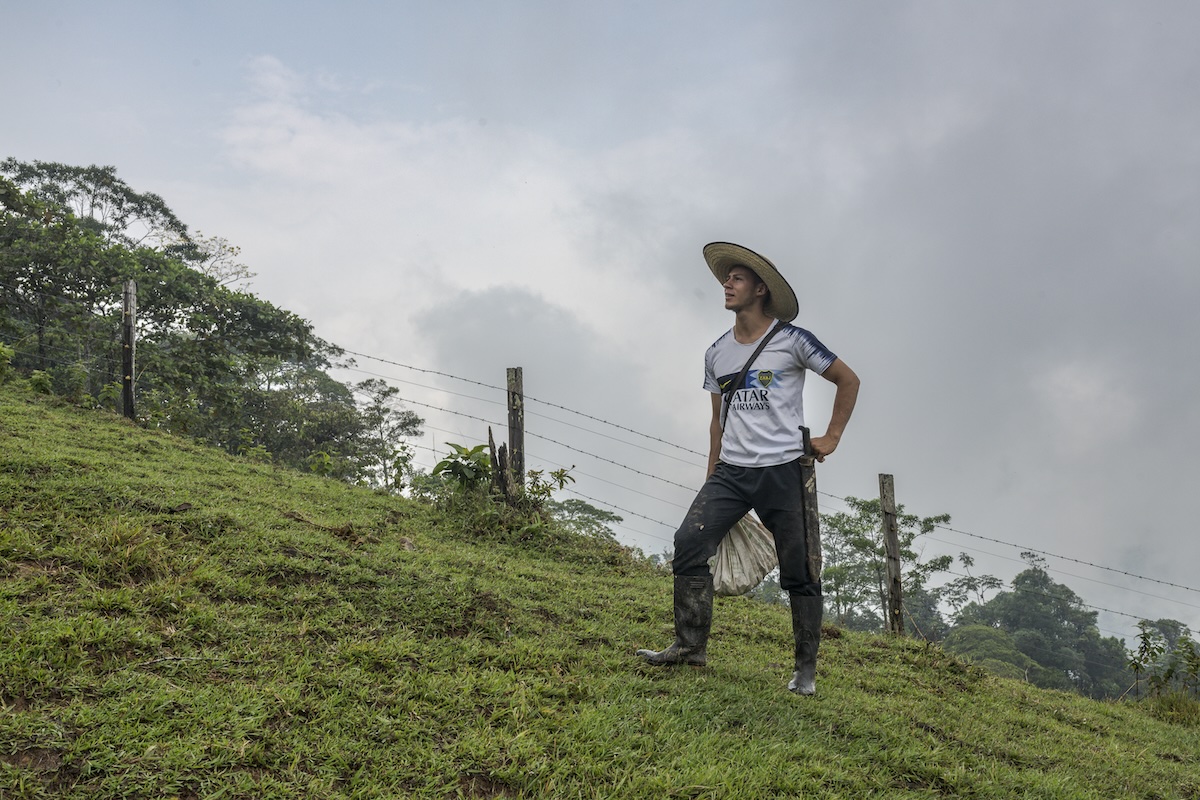Looking back on the stories and news that we shared, we see trends emerge that reflect the priorities of the farmers, workers and miners we work with, and the larger global trends that are changing the way we operate. Explore how our collaborative efforts address pressing issues, support communities, and continue to make change that matters.
Carbon and the role of small-scale farmers
As we work to reduce emissions and change the way we power our economy, carbon markets can play a big role. Our explainer on carbon credits and carbon markets provides important insights on the strengths and limitations of carbon markets. For small-scale farmers, these markets represent an opportunity to improve farming practices, adapt to climate change, and be rewarded for their contributions to global climate solutions.
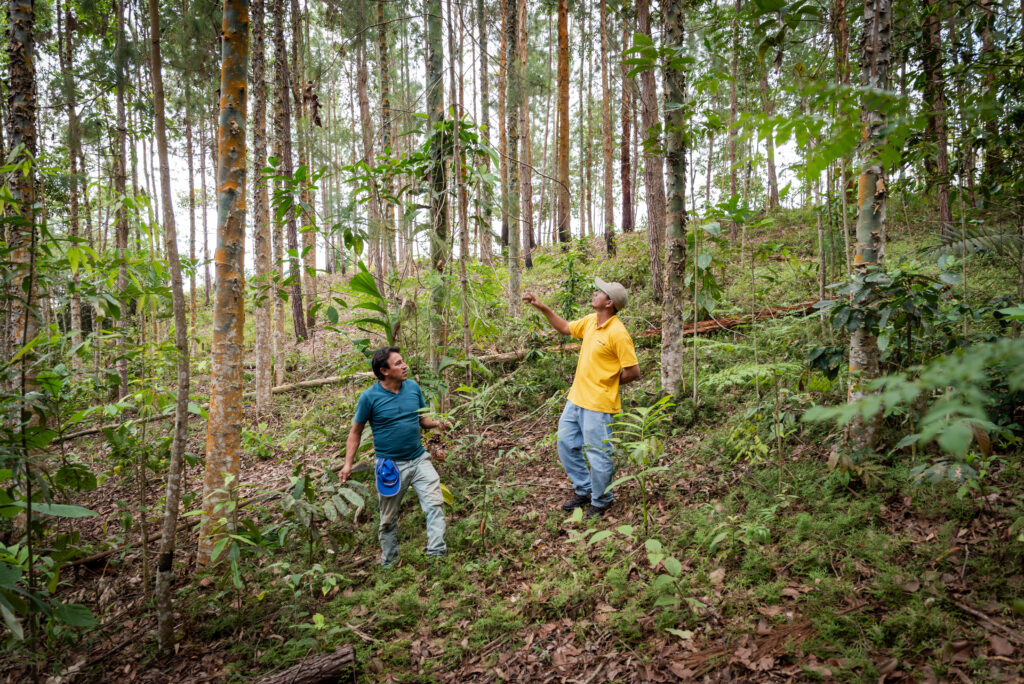
Much of our work is directed at low-carbon agriculture, a forward-looking approach to farming that creates more sustainable food systems that can meet global needs while treading lightly on the planet. Agroforestry is an approach to low-carbon agriculture that integrates forestry and agriculture to create economic, social and environmental benefits. The Climate Heroes project is providing technical support, access to finance, and access to carbon markets to coffee and cocoa farmers who apply agroforestry practices
As we work to scale up low-carbon agriculture, technical assistance and training opportunities are indispensable. That’s why we have created the Carbon Farming Academy, currently available in Colombia, Nicaragua, Honduras, Guatemala, Kenya, and Uganda, to provide education on carbon markets and how to access them.
Increasing opportunities for young people and women
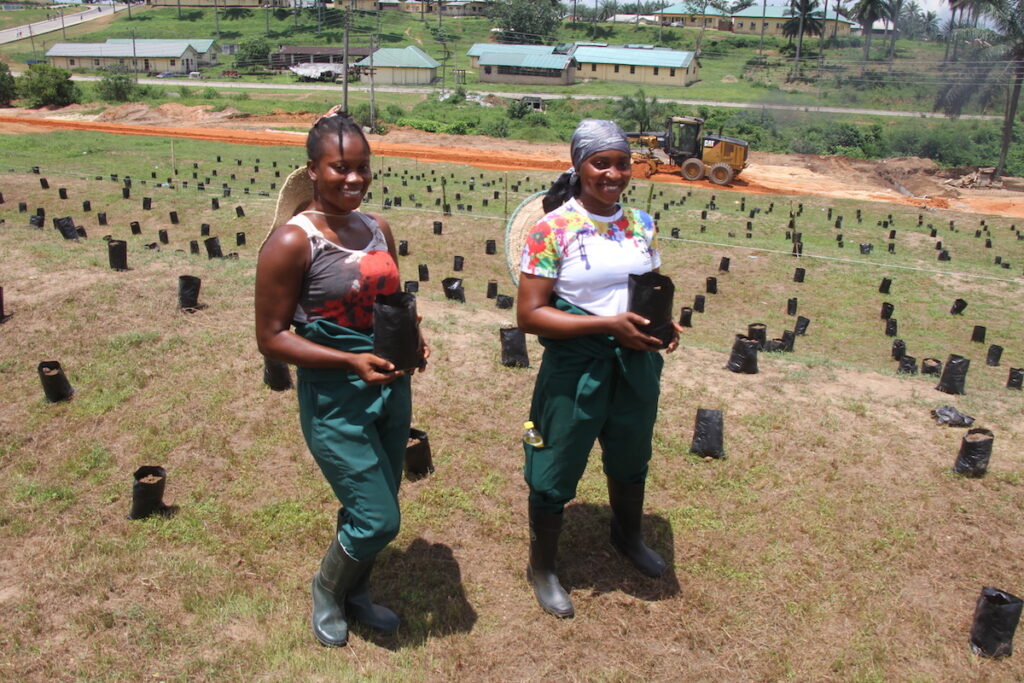
The work of women is often overlooked in agricultural supply chains, yet their contributions are undeniable. A just and inclusive society requires an acknowledgement of this reality and a commitment to inclusivity. That’s the argument made by Neha, Gender Lead at Solidaridad Asia, in her work on the Feminization of Supply Chain. This includes fostering market systems that benefit all, women, men and young people.
In Peru, women miners saw shortcomings in a new national policy on artisanal and small-scale mining (ASM) and took their concerns to the first edition of the Titikaka Mining Expo, a national event to promote best practices in the ASM sector. In Nigeria, a university partnership is nurturing young entrepreneurs, and the Social Employment Fund in South Africa is helping young women and men find new opportunities for employment.
Advocating alongside producers
Despite being a vital cog in the global economy and the glue that holds society together, farmers, workers and miners are often sidelined in sustainability debates. A sustainable future hinges on listening and incorporating their needs and priorities in any intervention that affects them.
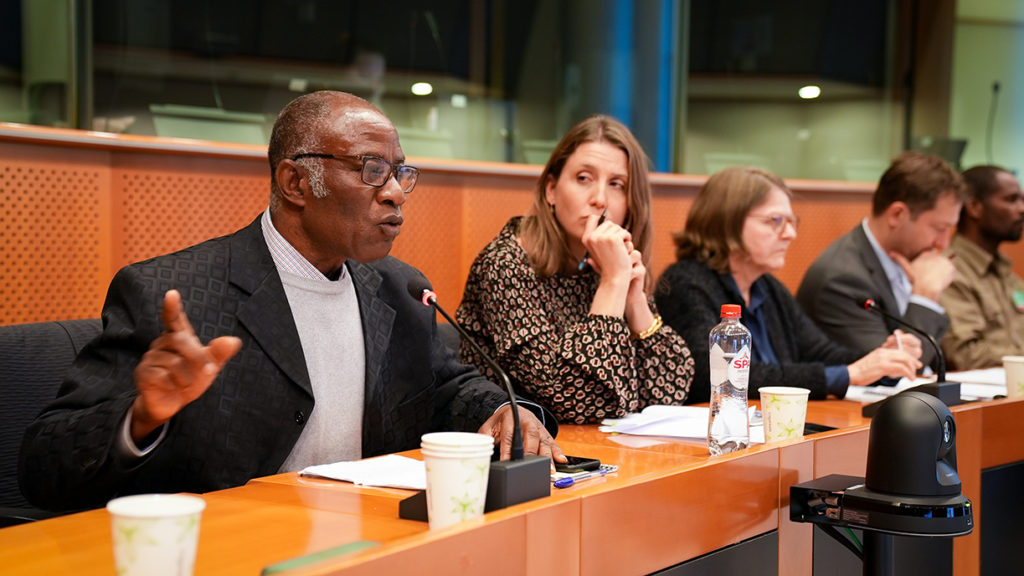
The passage of the EU’s deforestation agreement has the potential for positive impact on the climate and biodiversity, but also puts much of the burden on small-scale farmers. In February, we outlined five steps to ensure that the regulation will have a lasting impact and have teamed up with other organizations and farmers to advocate for a responsible rollout of the regulation. Farmers in the Peruvian cocoa sector are preparing for the new regulations and in Malaysia a memorandum was submitted on behalf of smallholder palm farmers.
In all cases, understanding the needs of farmers and the impacts of interventions is critical. The Small Farmer Atlas is a first effort to compile the perspectives and priorities of small-scale farmers on prosperity, access to resources, and production in balance with nature. This comprehensive satisfaction survey is based on input from nearly 10,000 farmers in 18 countries across 8 commodities. For specific commodities, we launched the Sustainable Cotton Hub and the 2023 Coffee Barometer, which reflect the unsustainable nature of production and the impacts this has on millions of farmers and families.
For most farmers, the ability to adapt to a changing climate is the most urgent challenge. At COP28, representatives from across Solidaridad’s regional offices took this message to the global stage calling on policymakers and decision-makers to seize the moment and make tangible strides toward a more farmer-inclusive climate finance.
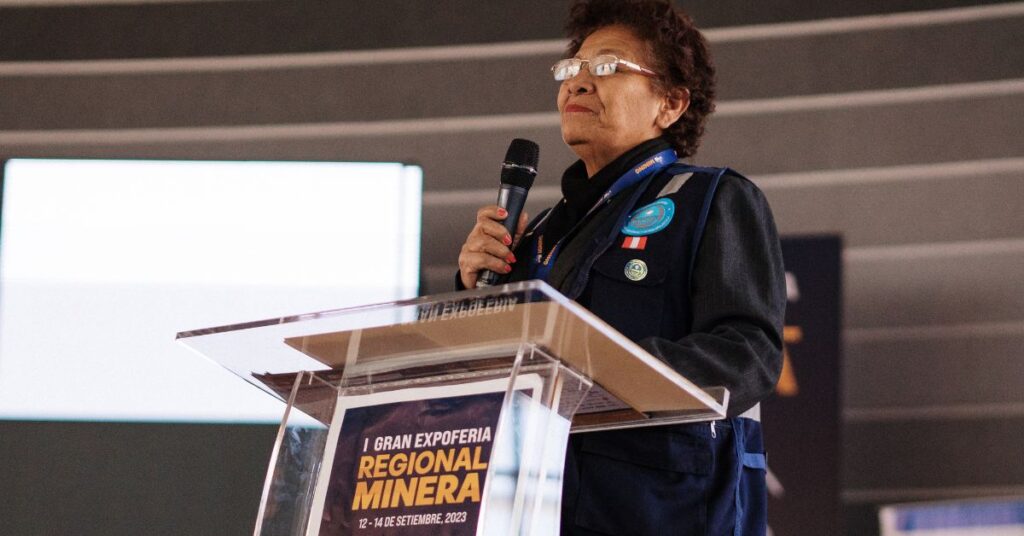
Farewell to a friend: A salute to Jeroen Douglas
And finally, we bid farewell to a dear friend. Jeroen Douglas has been part of Solidaridad for more than three decades. His tireless work, unwavering advocacy, and his service as Executive Director served as a beacon of change and hope. Read more about Jeroen’s legacy here.

